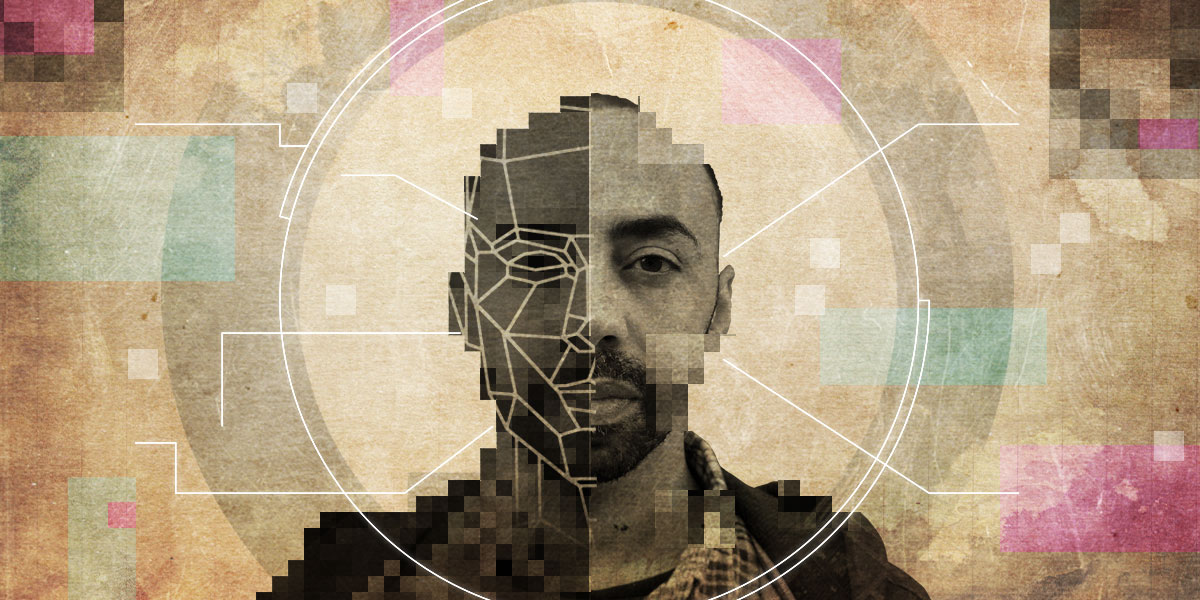Police have shown, time and time again, that they cannot be trusted with face recognition technology (FRT). It is too dangerous, invasive, and in the hands of law enforcement, a perpetual liability. EFF has long argued that face recognition, whether it is fully accurate or not, is too dangerous for police use, and such use ought to be banned.
Now, The Washington Post has proved one more reason for this ban: police claim to use FRT just as an investigatory lead, but in practice officers routinely ignore protocol and immediately arrest the most likely match spit out by the computer without first doing their own investigation.
Cities across the United States have decided to join the growing movement to ban police use of face recognition because this technology is simply too dangerous in the hands of police.
The report also tells the stories of two men who were unknown to the public until now: Christopher Galtin and Jason Vernau. They were wrongfully arrested in St. Louis and Miami, respectively, after being misidentified by face recognition. In both cases, the men were jailed despite readily available evidence that would have shown that, despite the apparent match found by the computer, they in fact were not the correct match.
This is infuriating. Just last year, the Assistant Chief of Police for the Miami Police Department, the department that wrongfully arrested Jason Vernau, testified before Congress that his department does not arrest people based solely on face recognition and without proper followup investigations. “Matches are treated like an anonymous tip,” he said during the hearing.
Apparently not all officers got the memo.
We’ve seen this before. Many times. Galtin and Vernau join a growing list of those known to have been wrongfully arrested around the United States based on police use of face recognition. They include Michael Oliver, Nijeer Parks, Randal Reid, Alonzo Sawyer, Robert Williams, and Porcha Woodruff. It is no coincidence that all six of these people, and now adding Christopher Galtin to that list, are Black. Scholars and activists have been raising the alarm for years that, in addition to a huge amount of police surveillance generally being directed at Black communities, face recognition specifically has a long history of having a lower rate of accuracy when it comes to identifying people with darker complexions. The case of Robert Williams in Detroit resulted in a lawsuit which ended in the Detroit police department, which had used FRT to justify a number of wrongful arrests, instituting strict new guidelines about the use of face recognition technology.
Cities across the United States have decided to join the growing movement to ban police use of face recognition because this technology is simply too dangerous in the hands of police.
Even in a world where the technology is 100% accurate, police still should not be trusted with it. The temptation for police to fly a drone over a protest and use face recognition to identify the crowd would be too great and the risks to civil liberties too high. After all, we already see that police are cutting corners and using their technology in ways that violate their own departmental policies.
We continue to urge cities, states, and Congress to ban police use of face recognition technology. We stand ready to assist. As intrepid tech journalists and researchers continue to do their jobs, increased evidence of these harms will only increase the urgency of our movement.














